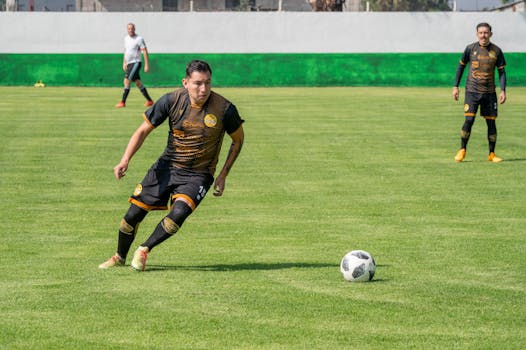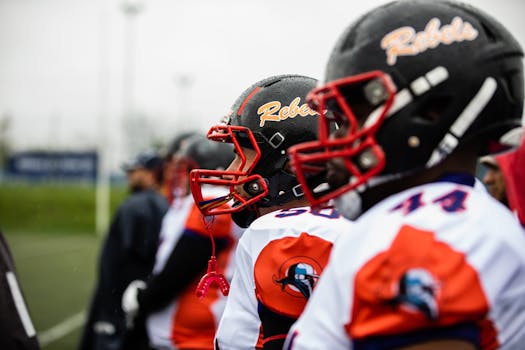The Sporting Excellence Professional, advanced apprenticeship is available in the following sports:
- cricket
- football
- rugby league
- rugby union
The apprenticeship gives talented amateur sports players the chance to develop their sporting talent alongside their education.
Once you've completed your apprenticeship, you may turn professional or continue as an amateur while you get more experience.
You can find out more from the professional body for each sport.
Entry requirements
Employers will set their own entry requirements.








